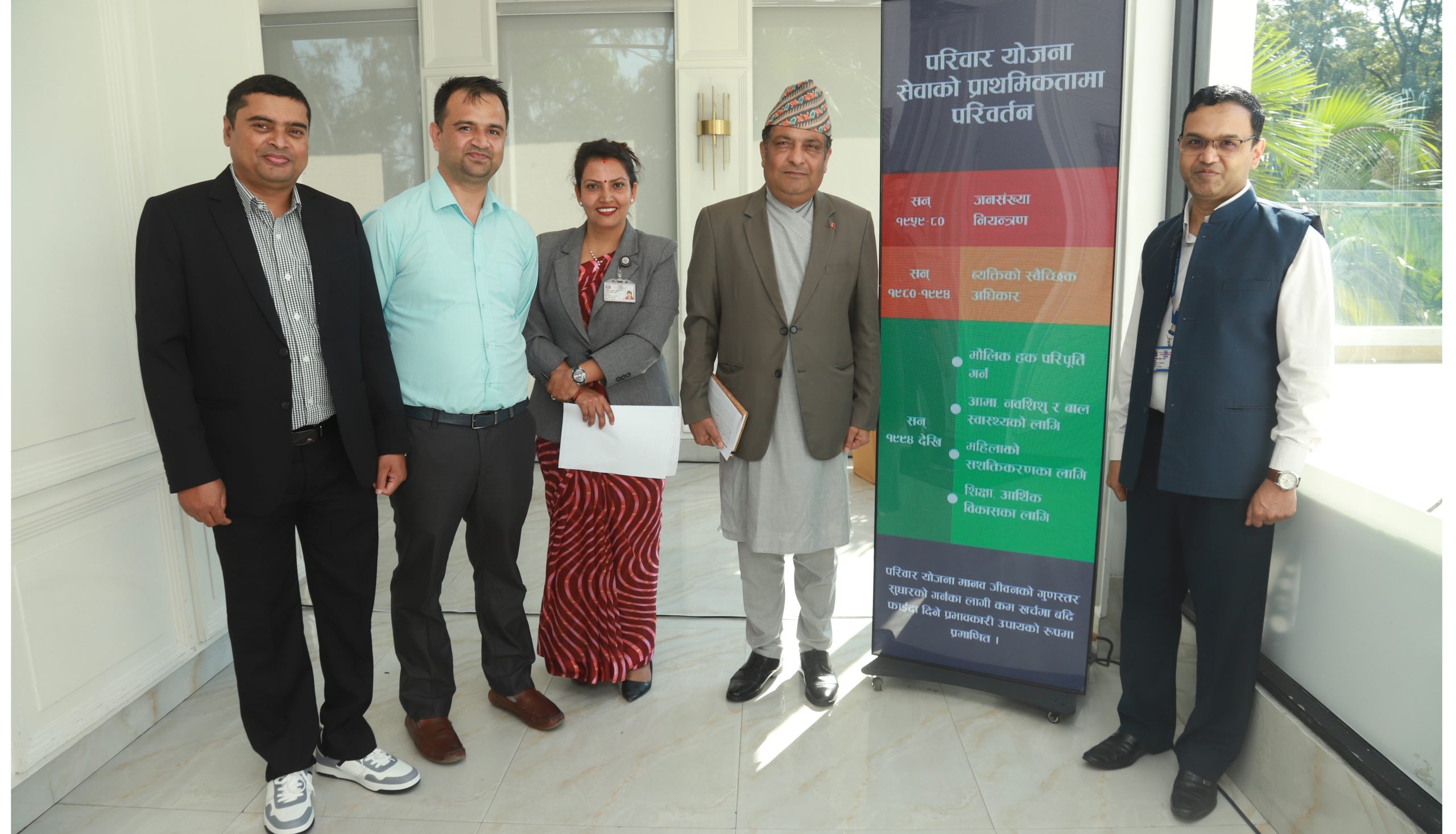Nepal has finalized its National Family Planning Costed Implementation Plan (NFPCIP) for 2024-2030, aligned with its FP2030 commitment. This plan emphasizes selected High Impact Practices (HIPs) to achieve the targets and vision set under FP2030. To implement these practices effectively, Nepal aims to learn from successful experiences in countries with similar contexts and to develop/adapt strategies for scaling HIPs in Nepal. The initiative focuses on HIPs such as postpartum family planning (PPFP), expanding contraceptive choices, self-care approaches like scaling up Sayana Press through self-injection, creating family planning demand among adolescents via digital platforms, private sector engagement, and supply chain management. Nepal can greatly benefit from learning from regional countries to accelerate the implementation of the identified high-impact practices in the CIP. The FP2030 Asia and Pacific hub, as a regional platform for rights-based family planning, facilitated this knowledge-sharing and strategy development workshop with support from the Family Welfare Division of Nepal.
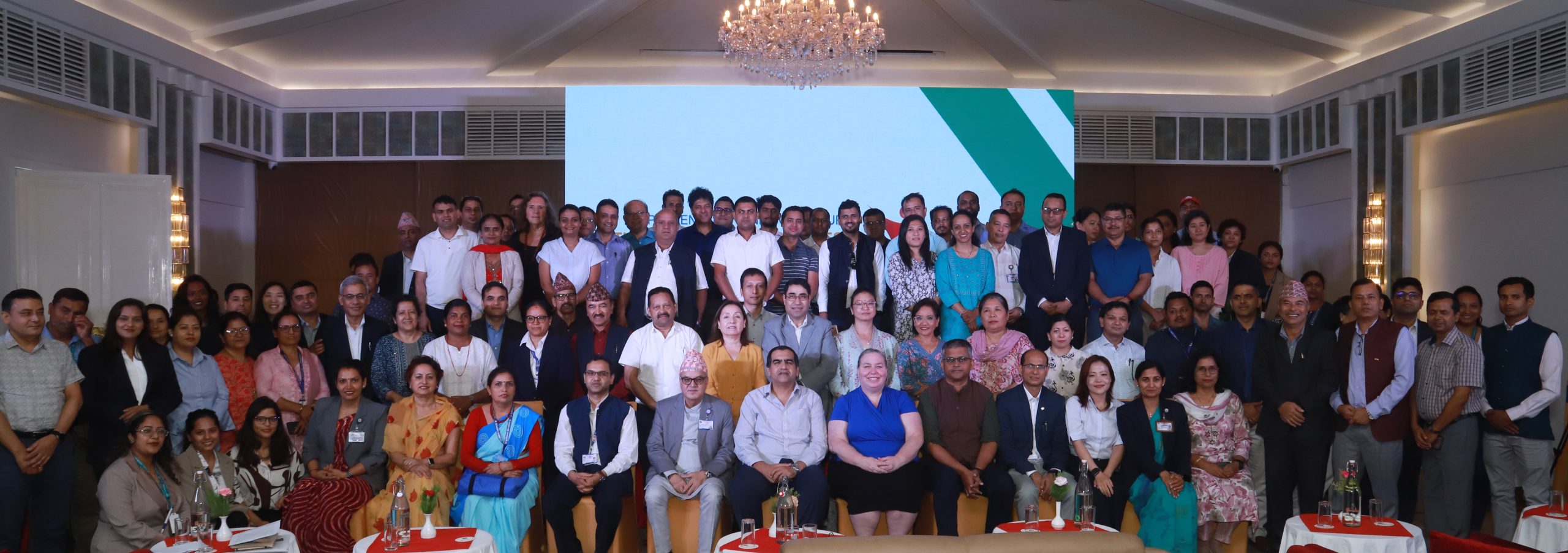
Objectives
The primary objectives of this initiative are:
- Share successful approaches, experiences, and lessons learned from implementing HIPs in family planning programs.
- Enhance the capacity of FP program implementers and service providers to adapt and scale HIPs.
- Develop/adapt strategies to implement selected high-impact practices in family planning.
- Create a South-South learning platform to establish long-term, win-win partnerships with selected countries in the region for two-way learning.
Workshop Description
The workshop on the implementation and scaling up of High Impact Practices (HIPs) in Family Planning in Nepal was jointly hosted by the Family Welfare Division (FWD), Department of Health Services (DOHS), in collaboration with ADRA Nepal, UNFPA, USAID/FHI360, and FP2030. The two-day event, held on the 23rd and 24th of September 2024, brought together key national and international stakeholders, creating a platform for strategic dialogue and planning for the future of family planning in Nepal.
It was opened with a formal ceremony, with the Secretary of the Ministry of Health and Population (MoHP) serving as the Chief Guest. The Director of the Family Welfare Division (FWD) chaired the opening session, reflecting strong leadership from the Ministry in spearheading family planning initiatives. This workshop was a unique opportunity for stakeholders from various sectors to share insights and work together to strengthen Nepal’s family planning services, in line with the NFPCIP for 2024-2030.
A total of 125 attendees participated, representing a diverse range of expertise and institutions. Among them, 31 participants were from the provincial, district, and local levels, ensuring that grassroots voices were included. The remaining 94 participants included representatives from the development sector, the Department of Health Services (DOHS), the Family Welfare Division (FWD), the Ministry of Health and Population (MoHP), and leading national and international experts. The presence of global experts, such as Jameel Zamir from the FP2030 Asia Pacific Regional Hub, Dr. Emily Sonneveldt from Avenir Health, and Mr. K Laxmi Rao, an SBCC expert from Pathfinder, added tremendous value to the discussions, offering international perspectives on scaling up HIPs in various health system settings.
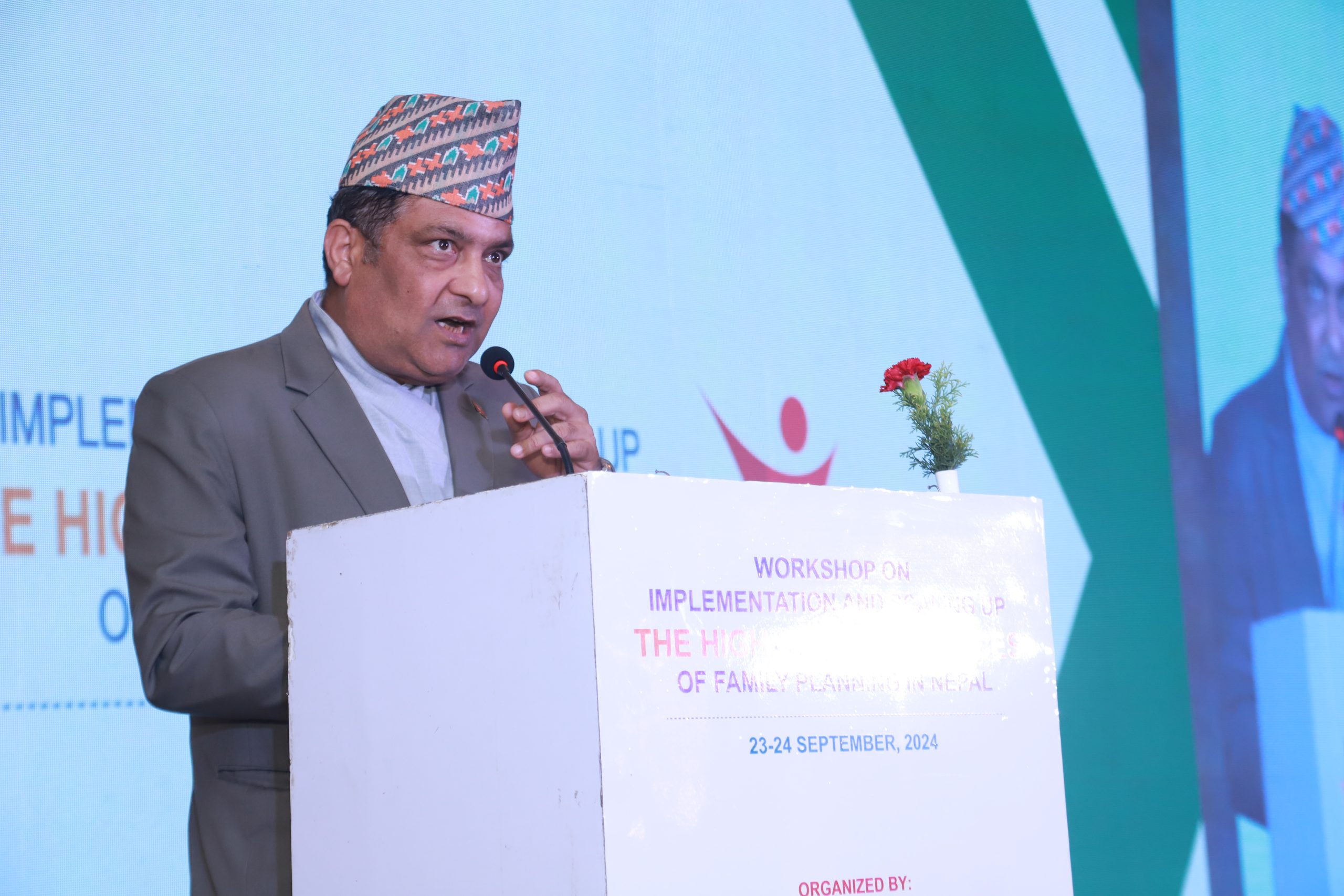
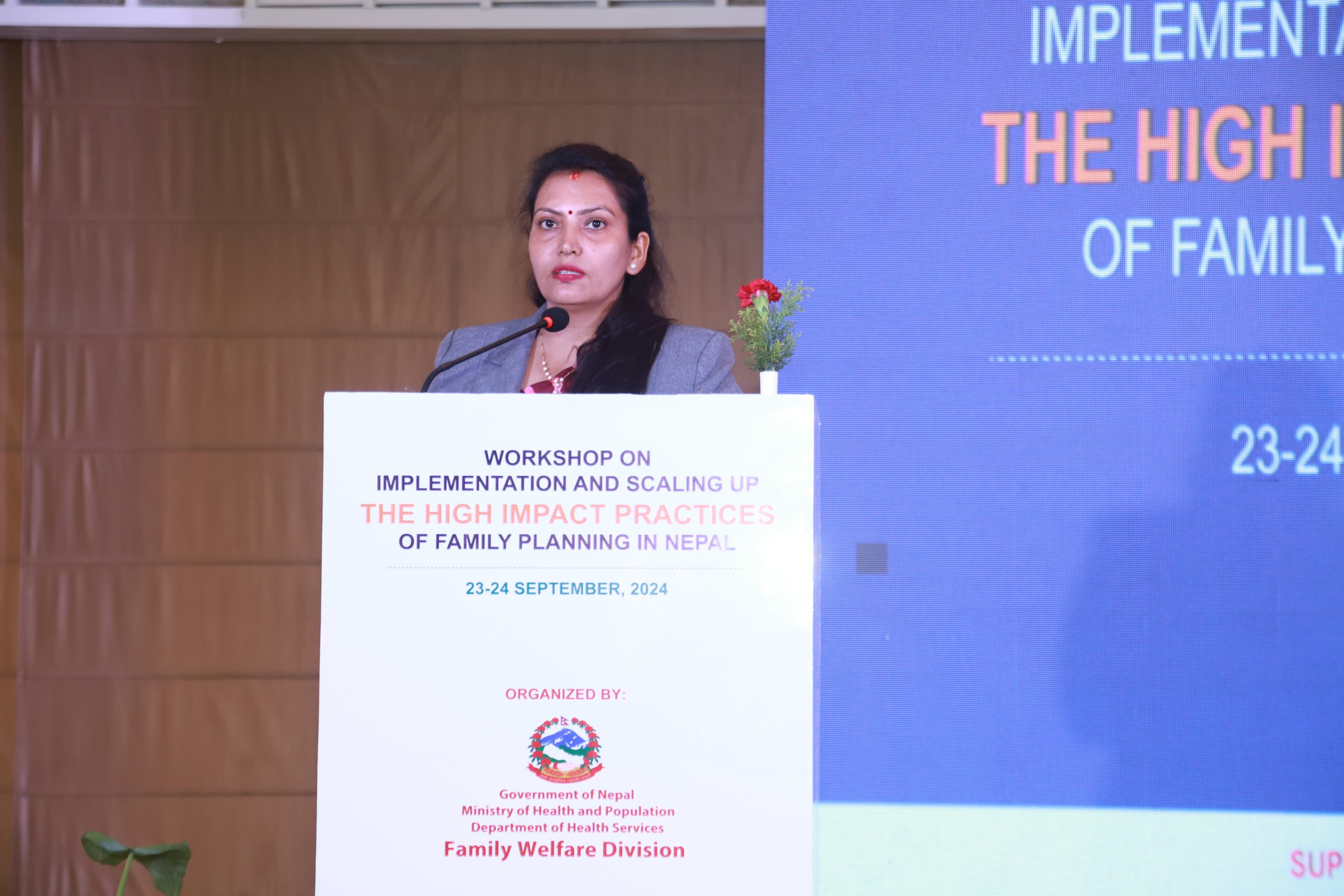
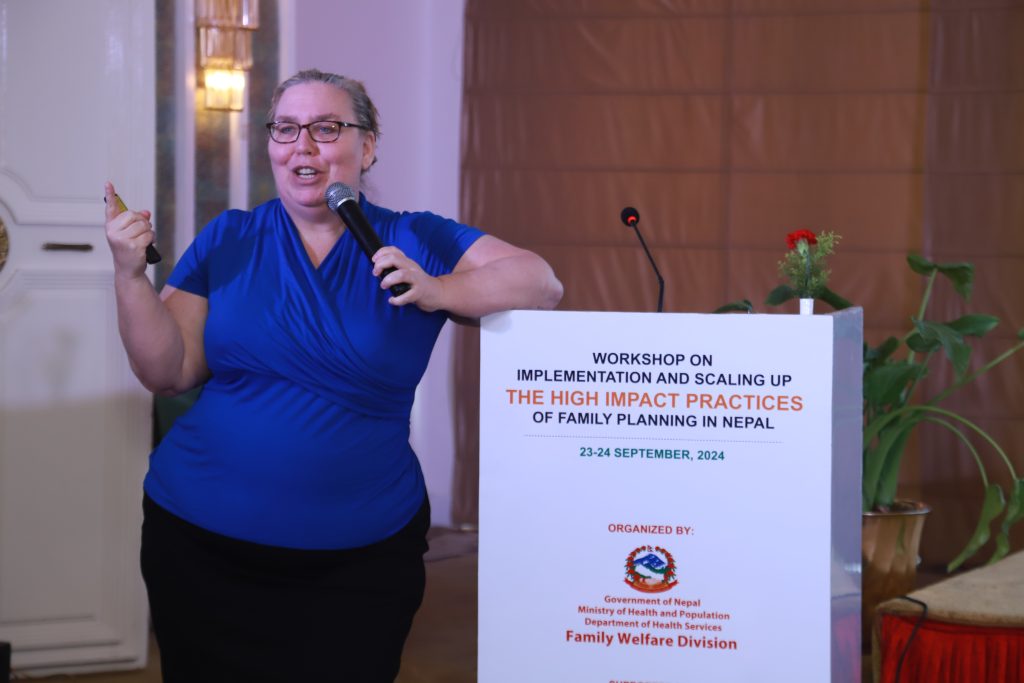
Throughout the two days, participants engaged in technical discussions on increasing access to contraceptive methods, integrating family planning into broader health services, and leveraging data and technology to achieve better health outcomes. The event aimed to ensure that Nepal remains on track to meet its national health goals while contributing to global family planning targets under the FP2030 commitments.
The workshop concluded with a closing ceremony presided over by the Director General of the Department of Health Services (DOHS), MoHP. He reflected on the workshop’s key outcomes and emphasized the importance of sustained collaboration to implement the NFPCIP. The involvement of high-level officials, development partners, and international experts demonstrated a unified effort to prioritize family planning as a critical element of Nepal’s health strategy, ensuring access to quality family planning services, especially for marginalized communities.
Five high-impact practices based on the recommendations from the CIP were selected, including scaling up postpartum family planning (PPFP), demand generation through SBCC among adolescents and youths, and enhancing private sector engagement. The technical sessions included learning and knowledge-sharing sessions from national and international experts.
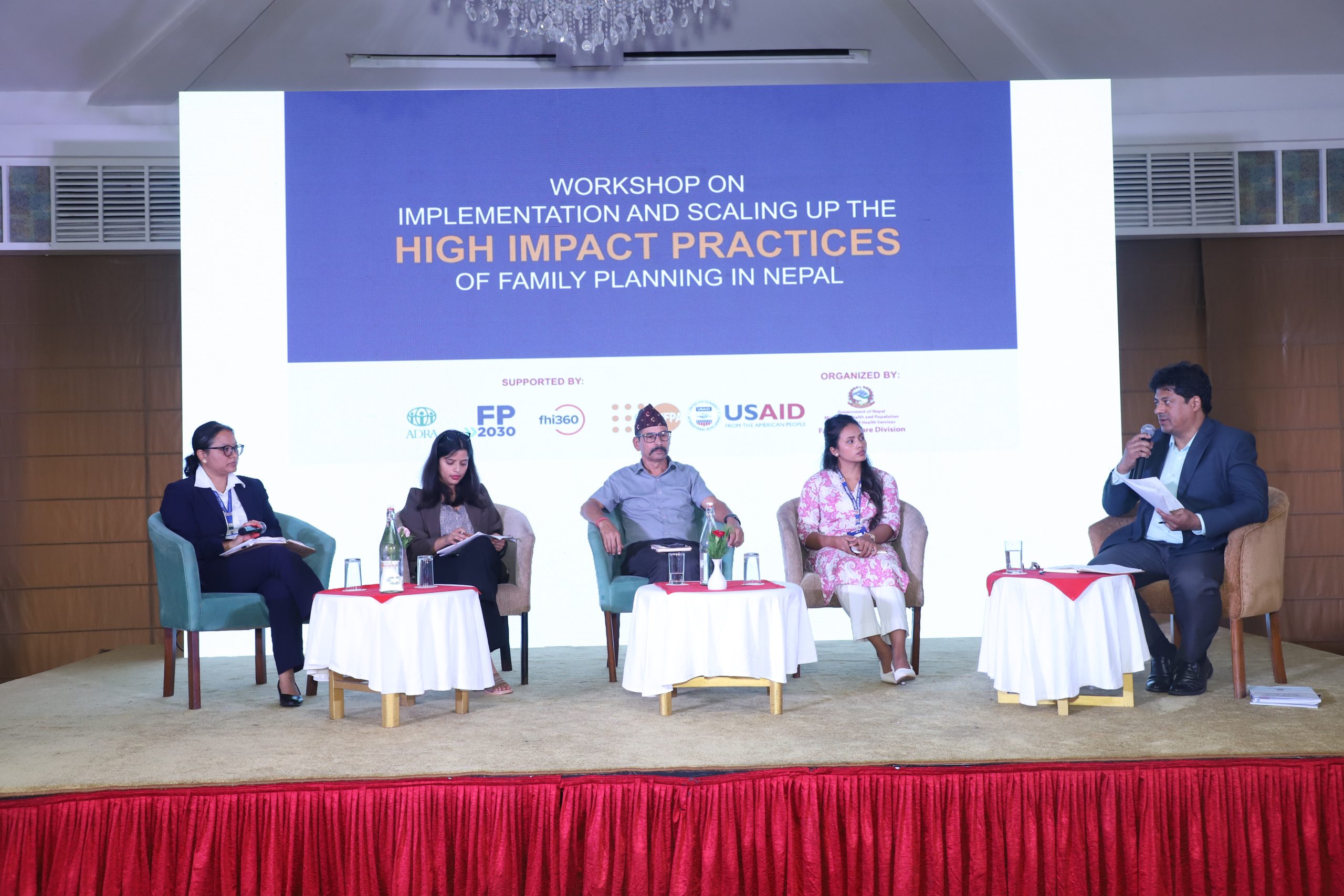
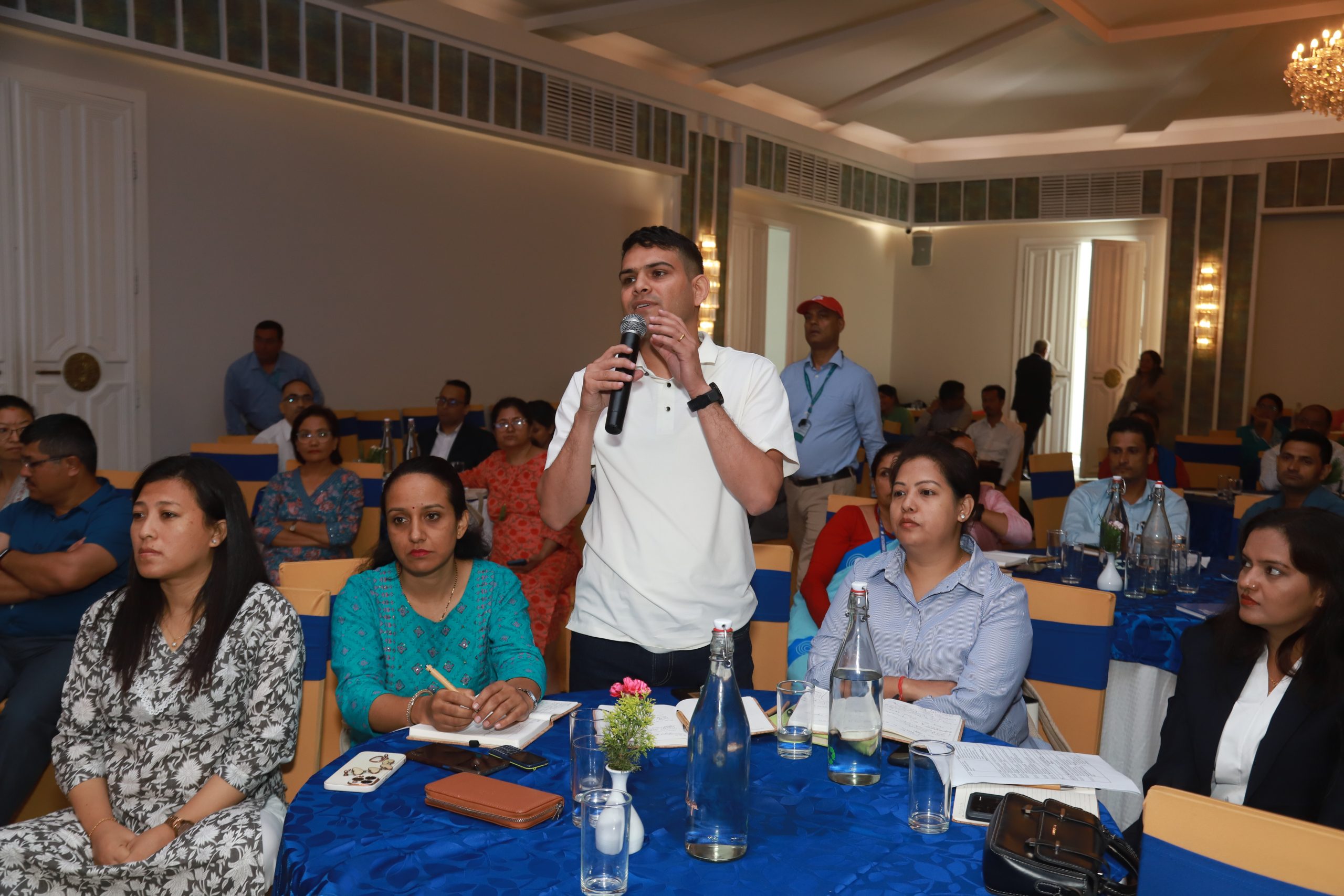
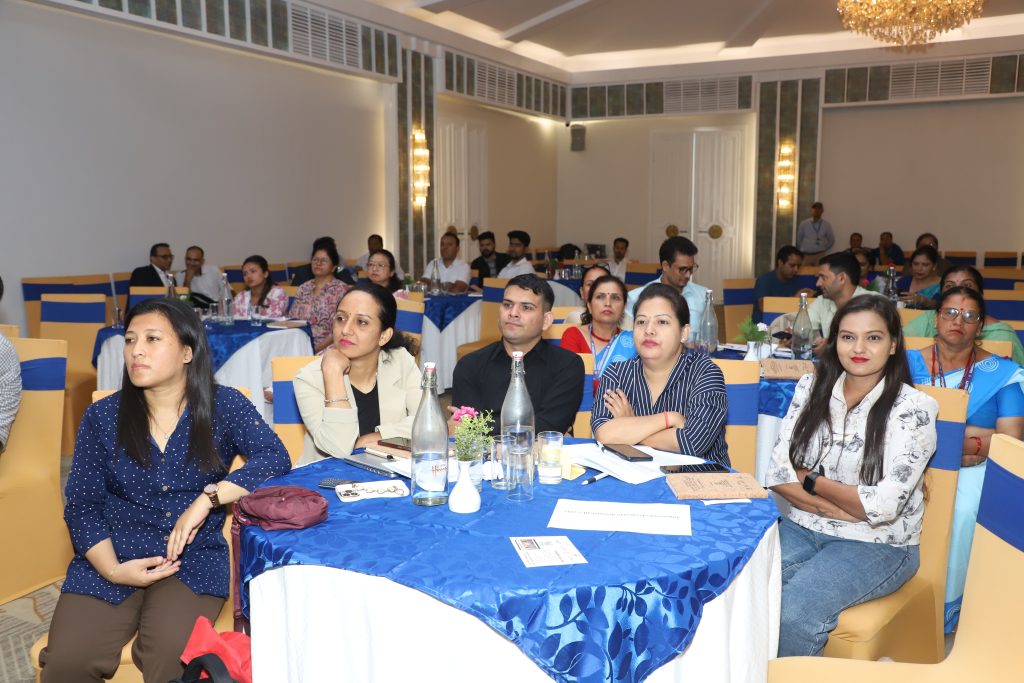
Workshop Content Overview
- HIP Overview and Nepal’s Need: The workshop began with an overview of its objectives and Nepal’s current family planning (FP) situation. Participants were introduced to the concept of High Impact Practices (HIPs) and their significance in enhancing family planning services. Dr. Jameel Zamir from the FP2030 Asia Pacific Hub shared global perspectives on HIPs, followed by a presentation from Emily Sonneveldt, Director of Track20/Avenir Health, who discussed successful implementations in other countries and the importance of local data for identifying potential HIPs effective in Nepal.
- Costed Implementation Plan of Family Planning and HIP: On day one, Dr. Bibek presented the development process of the Costed Implementation Plan, emphasizing the need to prioritize high-impact practices due to resource constraints. This session outlined the financial requirements for FP programs and the importance of advocacy for funding as an investment in future health outcomes. Participants discussed aligning local government efforts with national family planning goals by 2030.
- Public-Private Partnership in Family Planning: Basanta Thapa from FHI360 shared insights from the Momentum Private Healthcare Delivery project, focusing on enhancing private sector engagement in family planning services. A panel discussion moderated by Dr. Rajendra Bhadra included development agency (CRS), private practitioner (NESOG), and provincial (Karnali Province) representatives, discussing challenges and opportunities for service expansion and the importance of private sector capacitation.
- SBCC with a Focus on Interpersonal Communication: Mr. K Laxmi Rao presented best practices for engaging communities using a socio-ecological approach, emphasizing audience segmentation and innovative communication strategies that reposition family planning as a lifestyle choice.
- Sharing on HIP Study in Nepal by FHI360: The study, conducted in seven districts, focused on two service delivery HIPs: Immediate and Postpartum Family Planning (IPPFP) and Community Health Workers (CHWs). The study revealed active involvement by FCHVs in FP material distribution but highlighted a lack of required messages and materials for distribution in some areas.
- Roles and Experience Sharing: Several sessions addressed the roles of FCHVs in family planning and the challenges they face, such as outdated training programs and limited resources. Dr. Ishwor Upadhya from NHTC introduced a blended learning model to increase the provider base and service delivery. Dirgha Raj Shrestha shared experiences on missed opportunities to engage expectant mothers in postpartum family planning during healthcare visits.
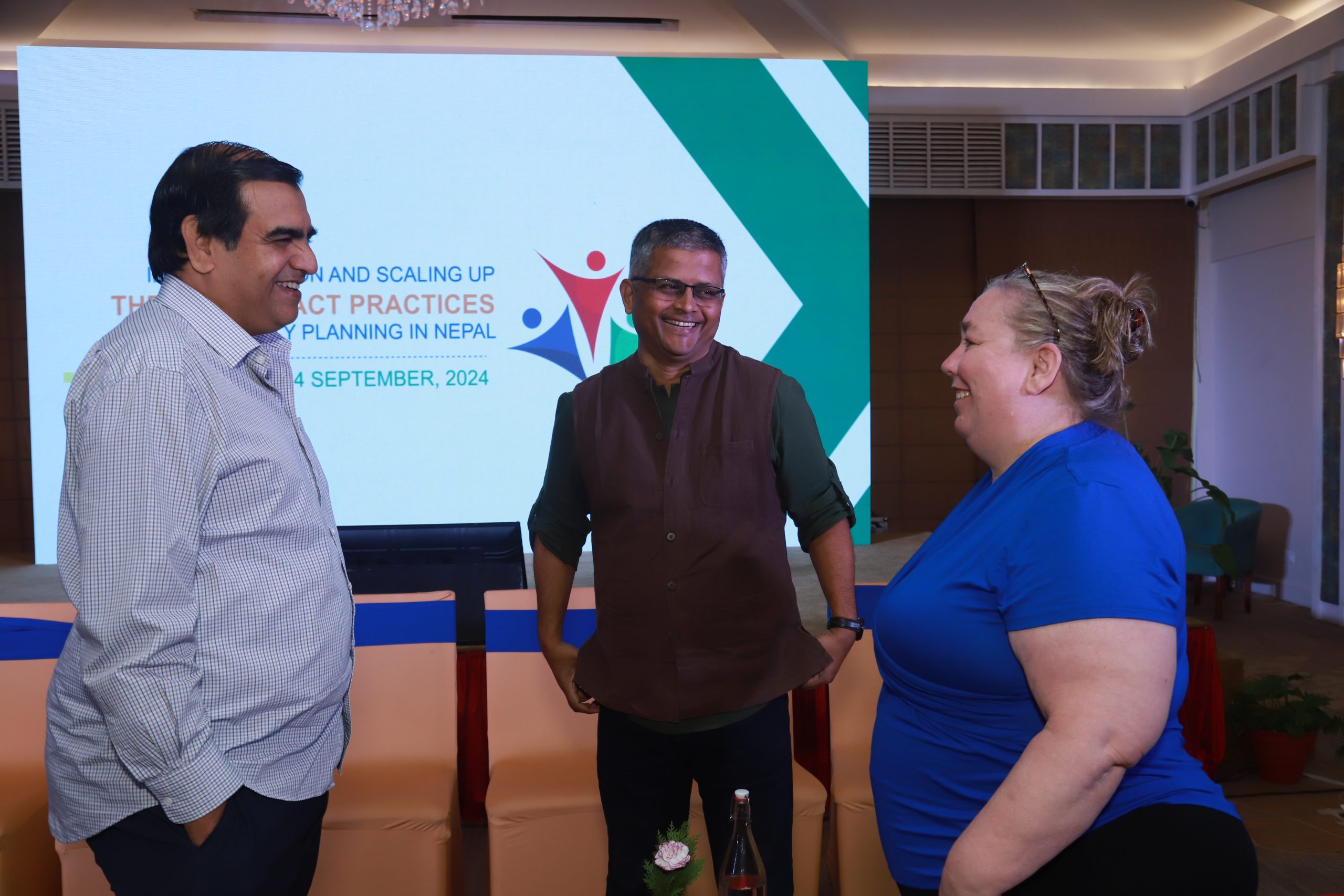
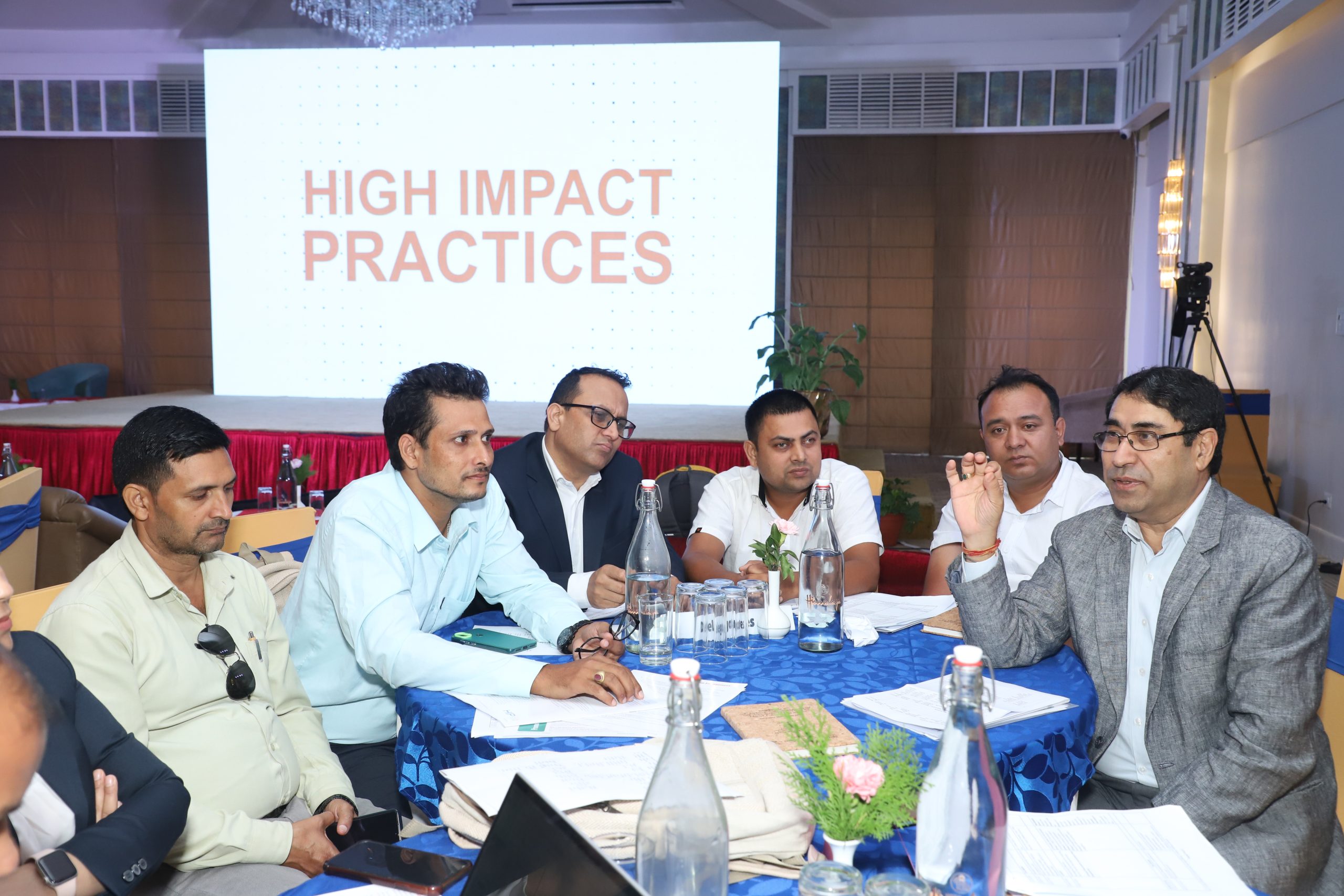

Group Discussions and Action Plan Development
The workshop concluded with group discussions to develop action plans based on selected HIPs:
- SBCC focusing on Interpersonal Communication: Focused on enhancing interpersonal communication through interventions like intergenerational dialogue, peer sessions, and SBC training for providers.
- FCHV Mobilization: Emphasized community mobilization, digitalization, and service provision strengthening for FCHVs.
- Outreach Clinics: Focused on revitalizing outreach clinics, including FP micro-planning and satellite clinics.
- FP Service Expansion and Public-Private Partnership: Highlighted the need for private sector involvement, regulatory updates, service tracking, and capacity building.
- PPFP including FPEPI Integration: Discussed expanding FP services through EPI clinics and advocating for resource allocation dedicated to PPFP.
Conclusion and Key Takeaways
Through collaborative efforts, participants engaged in meaningful discussions on high-impact practices (HIPs) that can significantly enhance family planning services across Nepal. The key takeaways included scaling up postpartum family planning (PPFP), leveraging digital platforms for adolescent outreach, strengthening public-private partnerships, and enhancing SBCC approaches and CHW mobilization. The workshop concluded with the development of a comprehensive action plan, guiding the implementation of selected HIPs. This plan reinforces Nepal’s dedication to enhancing family planning services and sets the stage for continued South-South cooperation, leveraging regional knowledge and expertise. Moving forward, partnerships between the Family Welfare Division, international partners, and local stakeholders will be crucial to ensuring sustainable progress toward Nepal’s family planning goals for 2030.
